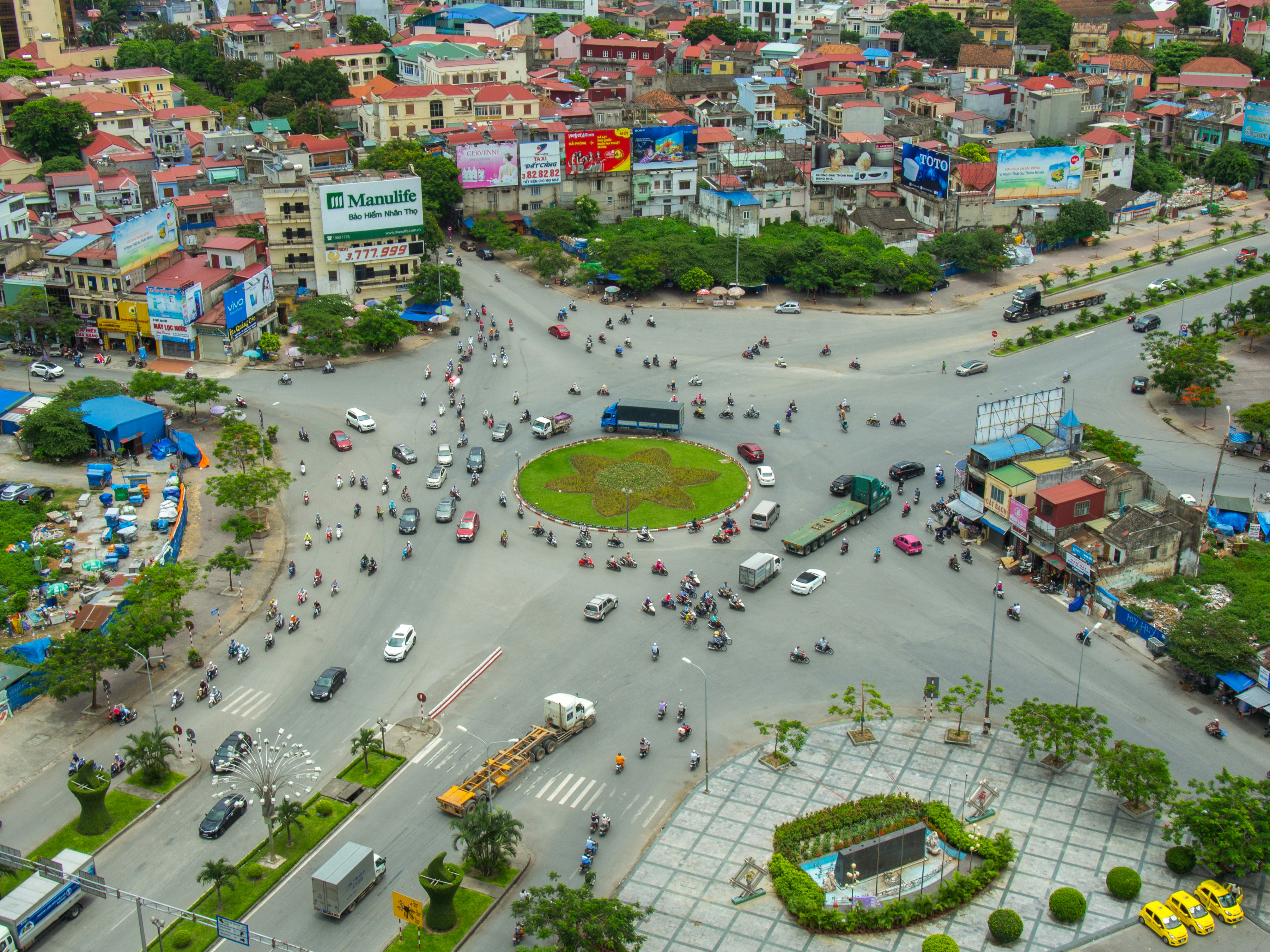
Singapore: Chinese Companies' Self-Driving Businesses Continue, Putting Driverless Buses and Robot Taxis into Practical Use
With robotaxis now commercially available in several cities, China is positioned as an "advanced autonomous driving country in Asia" Recently, Chinese autonomous driving companies have been making notable inroads into Singapore. Last month, autonomous driving technology startup WeRide announced the launch of a fully driverless bus on the tourist island of Sentosa. This marks the first time in Southeast Asia that a fully driverless bus has been operated on public roads. With approval from the Land Transport Authority of Singapore (LTA), the bus has begun regular service within the integrated resort, Resorts World Sentosa (RWS). The eight-passenger "Robobus" began operating with a driver in June last year, and since January this year, it has been operating without a steering wheel or pedals, under the supervision of a driver. Having been recognized for its accident-free track record of transporting tens of thousands of people, this latest approval marks the start of fully autonomous operation. Currently, the robot taxis run on fixed routes every 12 minutes, connecting facilities directly connected to RWS, such as the Equarius, Michael, Ola hotels, and the Galleria shopping mall.
This month, Chinese internet giant Baidu also announced plans to expand its robot taxi business outside of China in partnership with US-based Uber Technologies. In Southeast Asia, the company has expressed its intention to enter Singapore and Malaysia as early as this year.
While Singapore's small population means the market size is not particularly large, it is likely that the robot taxis will serve as a showroom to appeal to other countries.
ASEAN companies are getting serious about developing the Indian consumer market; VinFast begins accepting orders for local EV sales
To gain a foothold in India's rapidly growing consumer market, companies within the Association of South-East Asian Nations (ASEAN) are accelerating their expansion. Particularly noteworthy is the announcement by Vietnamese electric vehicle (EV) manufacturer VinFast that it began accepting pre-orders for its EVs in India on the 15th of last month. The company has announced plans to officially begin sales of its VF6 and VF7 sports utility vehicles (SUVs), assembled at a newly built factory in the southern state of Tamil Nadu, in August. On the 12th of July, it announced partnerships with 13 local dealers. The company has also expressed its intention to open 32 showrooms in 27 cities where EV adoption is expected to rapidly expand, including the capital Delhi; Chennai in Tamil Nadu; and Bengaluru in the southern state of Karnataka.
Efforts to develop the Indian consumer market can also be seen among some Japanese companies with operations in ASEAN. On July 9, Otsuka Pharmaceutical announced that it has begun local sales of its sports drink "Pocari Sweat" last month. The company revealed plans to accelerate sales in India by exporting products manufactured by its Indonesian subsidiary, Amerta Indah Otsuka. "Pocari Sweat" is currently sold in over 20 countries and regions, and from 2021 onwards, overseas sales are expected to exceed those in Japan. While the product is already available in ASEAN countries such as Indonesia and Vietnam, India will be added to its promising sales areas in the future.
Chinese Battery Manufacturers Expand into Southeast Asia, a Bridgehead for Global Market Development
Chinese battery manufacturers are rapidly establishing a foothold in Southeast Asia. In addition to being home to nickel mining sites (Indonesia is the world's largest nickel producer), this region is also close to areas where electric vehicles (EVs) are rapidly gaining popularity, such as Thailand, Malaysia, and Vietnam.
Recent news has highlighted the construction of a new Indonesian factory by Contemporary Amperex Technology (CATL), a leading automotive battery manufacturer. Last month, CATL held a groundbreaking ceremony for an integrated EV battery production operation in Karawang Regency, West Java. The company has unveiled plans to build a complete EV battery value chain, encompassing nickel laterite mining (Halmahera, North Maluku), pyrometallurgy, hydrometallurgy, battery materials, battery recycling, and battery manufacturing. The company plans to invest a total of USD 5.9 billion (approximately 870 billion yen) to establish a system capable of supplying enough power batteries for 300,000 EVs per year.
Furthermore, Shenzhen Senior Technology Material, a major separator manufacturer, last month began operations at a factory it built in Penang State, Malaysia. The first phase of the factory, which cost a total of RM3.2 billion (approximately 110 billion yen), has an annual production capacity of 1.3 billion square meters, making it one of the world's largest production bases for a product known as "wet-coated separators." An additional RM3.2 billion will be invested in the second phase, scheduled for completion in 2027 (raising production capacity to 2 billion square meters), with the aim of achieving a 15% global share of separators.
Mid-sized battery manufacturer EVE Energy is also expanding its production capacity in Malaysia. Last month, EVE Energy announced that it would invest $1.2 billion (178 billion yen) to build a second factory in the region. Following the launch of its first factory earlier this year, which cost a total of $422 million, the company has unveiled plans for a rapid and costly production increase.
For Chinese battery-related manufacturers, Southeast Asia is becoming an important region that holds the key to restructuring their supply chains.
